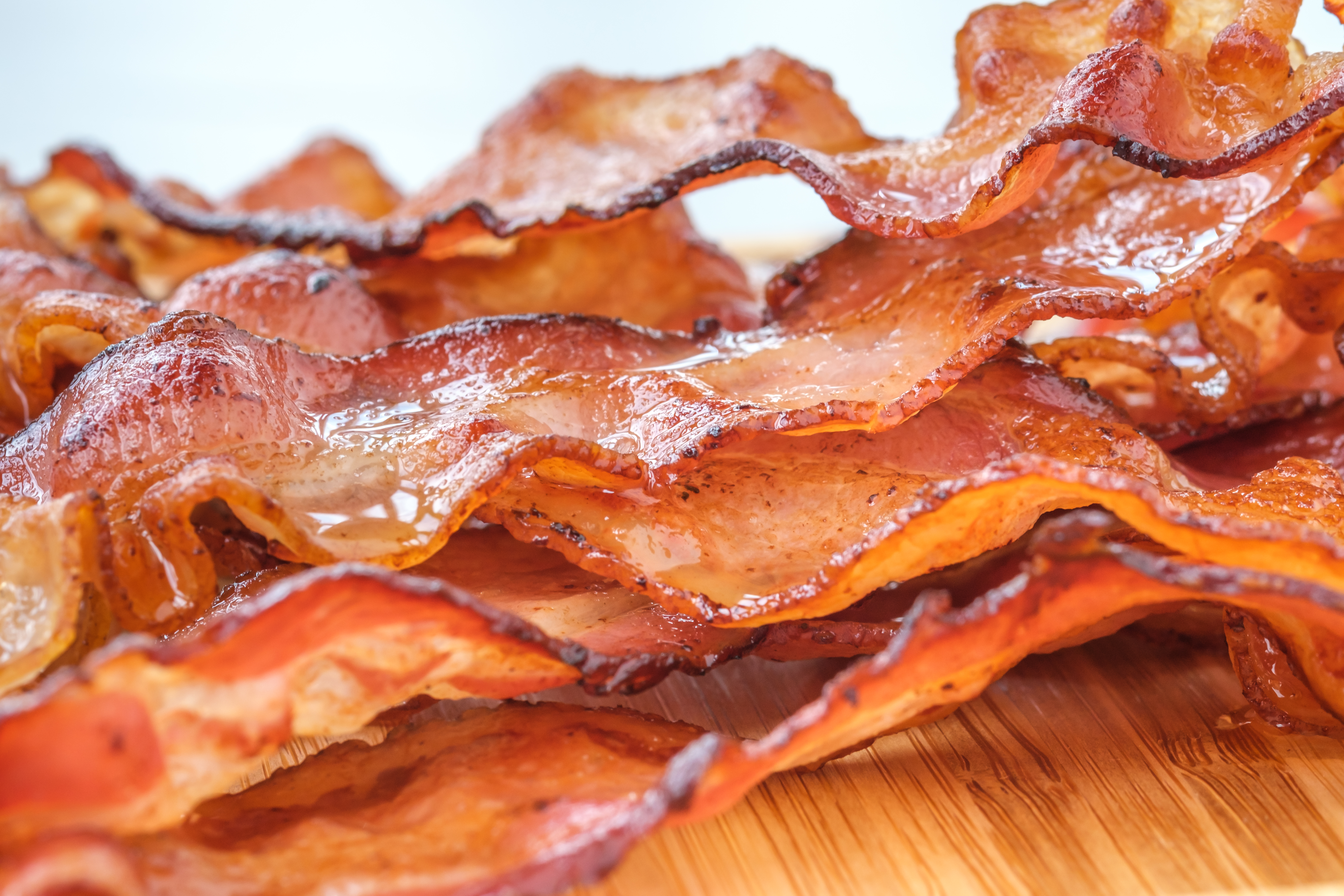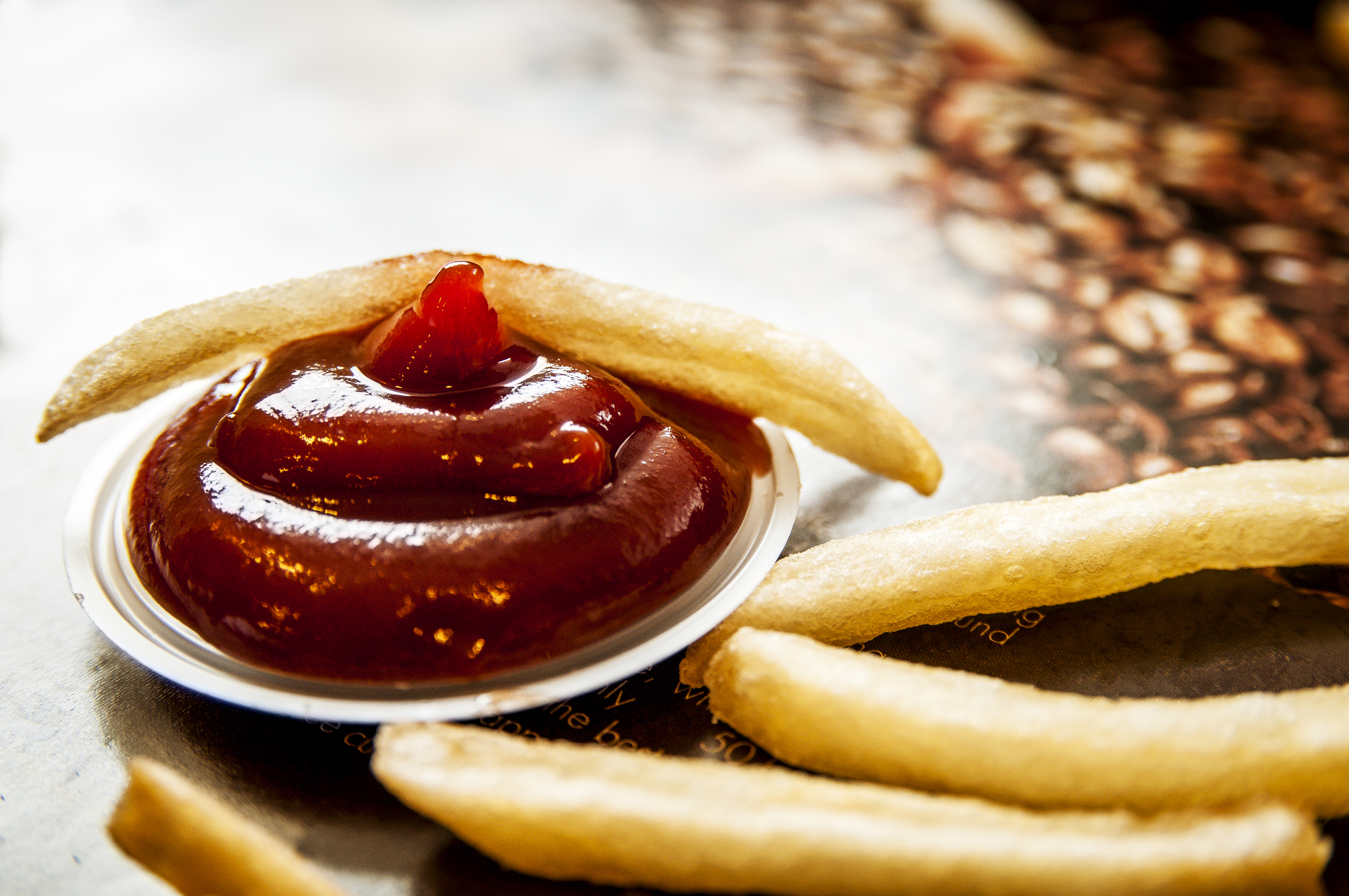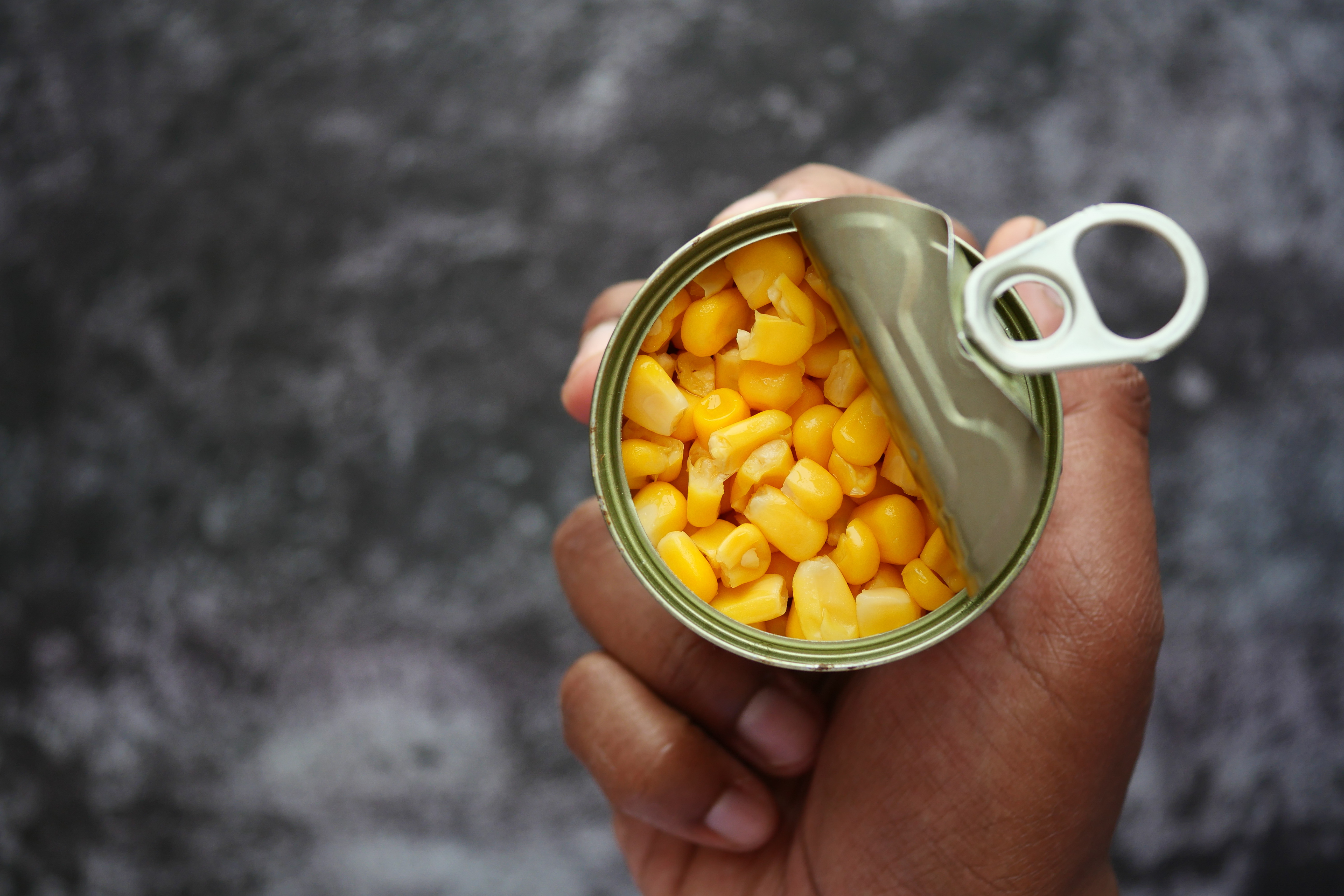Blood Pressure Betrayers: Foods Secretly Sabotaging Your Heart
In the quest for a heart-healthy lifestyle, many individuals focus on eliminating notorious offenders like saturated fats and sugars, often overlooking seemingly benign foods that quietly contribute to hypertension. High blood pressure, a leading risk factor for heart disease, can be exacerbated by dietary choices that appear innocuous on the surface. This article delves into everyday foods that, despite their unassuming nature, can subtly raise blood pressure and undermine cardiovascular health. Understanding these dietary pitfalls is crucial for anyone seeking to maintain optimal heart function and prevent the silent progression of hypertension. Join us as we explore these stealthy saboteurs of heart health.
1. Canned Soups: A Salty Surprise

Canned soups are a convenient meal option, especially for those with a busy lifestyle. However, these seemingly harmless meals often contain high levels of sodium, which is used as a preservative and flavor enhancer. Excessive sodium intake is directly linked to increased blood pressure as it causes the body to retain water, putting extra strain on the heart and blood vessels. Many canned soups contain more than half of the daily recommended sodium intake in just one serving. Opting for low-sodium versions or making homemade soups with fresh ingredients can significantly reduce this risk, ensuring you enjoy a comforting meal without compromising heart health.
2. Bread and Rolls: Hidden Sodium

Bread, a staple in many diets, is another unsuspecting source of sodium. While it may not taste salty, bread often contains sodium to improve texture and shelf life. This hidden sodium can accumulate quickly, especially for those who consume multiple servings throughout the day. The dietary guidelines recommend limiting sodium intake to less than 2,300 milligrams per day, yet a few slices of bread can account for a significant portion of this limit. Choosing whole-grain varieties and checking labels for lower sodium options can help manage intake and protect cardiovascular health without giving up this dietary staple.
3. Processed Meats: A Heart's Nemesis

Processed meats such as bacon, sausage, and deli meats are popular for their convenience and flavor. Unfortunately, they are packed with sodium and preservatives like nitrates, which can elevate blood pressure and increase the risk of heart disease. These meats often undergo curing or smoking processes that enhance their taste but also contribute to their high sodium content. Reducing consumption of processed meats and opting for fresh, lean cuts of meat can help mitigate these risks. Additionally, exploring plant-based protein sources can provide heart-healthy alternatives that support a balanced diet.
4. Pickles and Fermented Foods: The Salt Factor

Pickles and other fermented foods are enjoyed for their tangy flavors and probiotic benefits. However, the fermentation process often involves copious amounts of salt, which can contribute to hypertension. While these foods can be part of a healthy diet in moderation, it's important to be mindful of their sodium content. Rinsing pickles before consumption or choosing low-sodium varieties can help reduce sodium intake. Balancing these foods with a diet rich in fruits and vegetables can also counteract the negative effects of sodium, allowing you to enjoy their unique flavors without compromising heart health.
5. Cheese: A Double-Edged Sword

Cheese is beloved for its rich taste and versatility, but it can also be a hidden source of sodium and saturated fats. These components can contribute to increased blood pressure and cholesterol levels, posing a risk to heart health. While cheese can be enjoyed in moderation, choosing varieties that are lower in sodium and fat, such as mozzarella or Swiss, can help minimize these risks. Additionally, incorporating cheese into meals with plenty of vegetables and whole grains can balance its impact, allowing you to savor its flavors without adverse effects on your heart.
6. Sauces and Condiments: Flavorful Foes

Sauces and condiments like soy sauce, ketchup, and salad dressings are often used to enhance the flavor of meals. However, they can be significant sources of sodium and sugar, both of which can elevate blood pressure. Many of these products contain additives and preservatives that further contribute to their sodium content. Opting for homemade versions or choosing brands with reduced sodium and sugar can help manage intake. Being mindful of portion sizes and using herbs and spices to flavor dishes can also reduce reliance on these condiments, supporting a heart-healthy diet.
7. Canned Vegetables: Convenience with a Cost

Canned vegetables offer convenience and a long shelf life, making them a popular choice for many households. However, the canning process often involves adding salt to preserve flavor and texture, leading to high sodium content. This can contribute to elevated blood pressure if consumed frequently. Draining and rinsing canned vegetables can help reduce their sodium content, but opting for fresh or frozen vegetables is a better alternative. These options retain their nutritional value without the added sodium, making them a heart-friendly choice for maintaining healthy blood pressure levels.
8. Breakfast Cereals: A Sweet Deception

Breakfast cereals, especially those marketed to children, often contain added sugars and sodium to enhance flavor. These ingredients can contribute to hypertension and other cardiovascular issues over time. While cereals can be a quick and easy breakfast option, it's important to read labels carefully and choose those with lower sugar and sodium content. Incorporating whole-grain cereals and adding fresh fruits for natural sweetness can provide a nutritious start to the day without compromising heart health. This mindful approach to breakfast can set a positive tone for dietary choices throughout the day.
Navigating the Nutritional Minefield

In the pursuit of a heart-healthy lifestyle, awareness of the hidden sodium and sugar in everyday foods is crucial. While these foods may seem innocuous, their impact on blood pressure can be significant when consumed regularly. By making informed choices, such as opting for low-sodium alternatives and incorporating fresh, whole foods into your diet, you can effectively manage blood pressure and support cardiovascular health. This proactive approach empowers you to enjoy a diverse and flavorful diet while safeguarding your heart, ultimately leading to a healthier and more vibrant life.